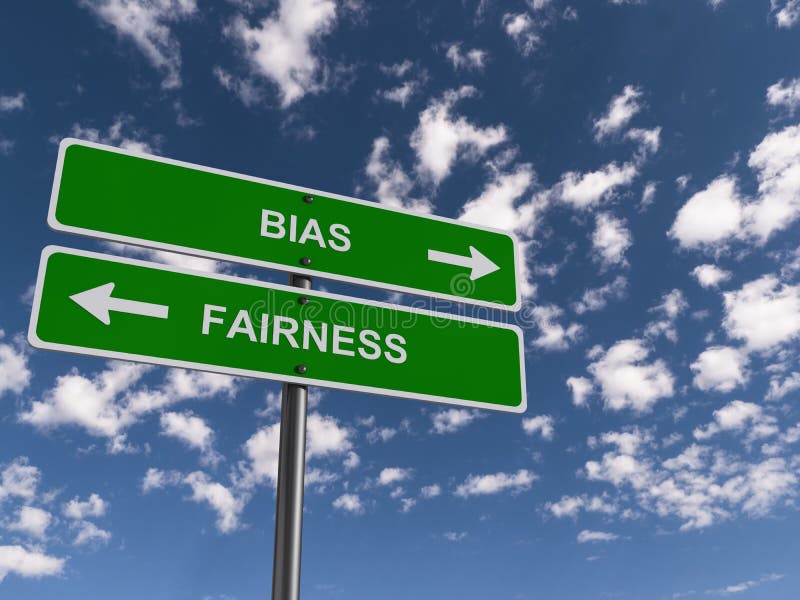Technology advancements are happening at a fast pace, and humans are achieving what could not be imagined a few
decades ago. In Genesis Chapter 1, God spoke, and
it came into being. Now people can talk to their smart devices, and it will perform the actions requested or
commanded. The children are growing up with a different worldview as humans
have become Techno sapiens. Today most people rely
on Google or similar search engines to find answers and expect these
search engines to know everything. Psalms 115 talks about the idols made by
human hands which have a mouth, but cannot speak, they have eyes, but cannot
see, they have ears, but cannot hear, they have noses, but cannot smell, they
have hands, but cannot feel, they have feet, but cannot walk, nor can they
utter a sound with their throats. Now humans are creating robots that can
speak, see, hear, smell, walk, touch, and talk.
God created humankind in His image and gave them different
abilities, including intelligence, knowledge, and wisdom. Humans can develop
the skills they have, and it has resulted in many scientific and technological
developments. The Bible mentioned specific instances when people were given
unique ability or skill by God to accomplish His purpose.
The Lord said to Moses, “See, I have called by name Bezalel
the son of Uri, son of Hur, of the tribe of Judah, and I have filled him with
the Spirit of God, with ability and intelligence, with knowledge and all
craftsmanship, to devise artistic designs, to work in gold, silver, and bronze,
in cutting stones for setting, and in carving wood, to work in every craft. And
behold, I have appointed with him Oholiab, the son of Ahisamach, of the tribe
of Dan. And I have given to all able men ability, that they may make all that I
have commanded you:” (Exod. 31:1-7)
Humans can create
many things, but those abilities cannot be compared with the abilities of the
creator God. God spoke, and it came into existence (Gen. 1:1-24). Humans create
using materials that are already available. Humans are not equal to God but
work with and for God in the world. Humans are not at an equal level with God
when it comes to creating anything new. Being the image-bearers of God, humans
can co-create but at a level that is lower than that of God.
There is AI, which
is used to inform and aid human reasoning and moral decision-making as it is a tool that excels at processing data and making determinations as it often
mimics or exceeds human ability. These excel in data-based computation, but the
technology is incapable of possessing the capacity for moral agency or
responsibility.
“You shall have no other gods before me. “You shall not
make for yourself a carved image, or any likeness of anything that is in heaven
above, or that is in the earth beneath, or that is in the water under the
earth. You shall not bow down to them or serve them, for I the Lord your God am
a jealous God, visiting the iniquity of the fathers on the children to the
third and the fourth generation of those who hate me, (Exod. 20:3-5)
AI machines should
not be seen as a god when it becomes powerful from a task execution
perspective. AI is not worthy
of humanity’s hope, worship, or love. Humans should not be equated to Creator
God when they create something which may appear to exceed human intelligence. Humans
should not cede moral accountability or responsibilities to any form of AI that
will ever be created. In the Bible, it is clear that only humans will be judged
by God based on their actions (Heb. 9:27). No tools developed will be subject
to judgment. While technology can be created with good use in view, it is not a
moral agent. Humans alone bear the responsibility for moral decision-making.
He will render to each one according to his works: to those
who by patience in well-doing seek for glory and honor and immortality, he will
give eternal life; but for those who are self-seeking and do not obey the
truth, but obey unrighteousness, there will be wrath and fury. (Rom. 2:6-8)
The development of AI is a demonstration of the unique
creative abilities of human beings, among many other things they have developed.
When AI is employed per God’s moral will, it is an example of human obedience
to the divine command to steward creation and to honor Him. Any technology
innovation for the glory of God, the sake of human flourishing, and the love of
neighbor are good and should be done in ways that lead to greater flourishing
and the alleviation of human suffering. Human beings are God's created
co‐creators whose purpose is to be the agency, acting in freedom, to birth the
future that is most wholesome for the nature that has birthed us—the nature
that is not only our genetic heritage but also the entire human community and
the evolutionary and ecological reality in which and to which humans belong.
Exercising this agency is said to be God's will for humans.




.png)

